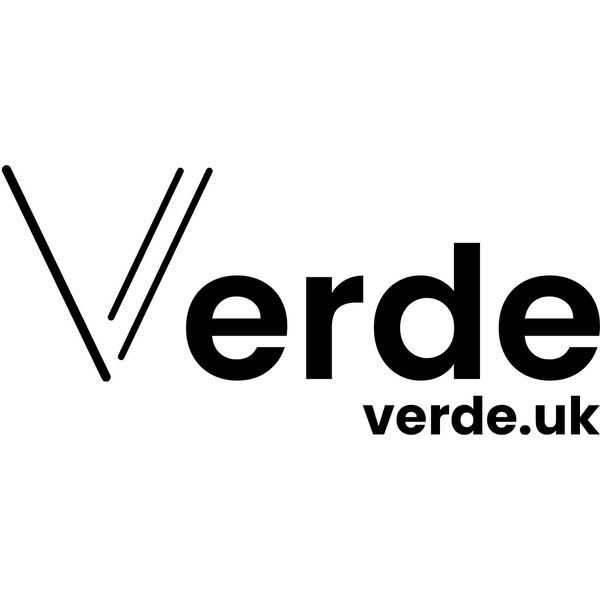
Choosing the Right Knitting Needles for Every Project
Whether you're a knitting novice or a seasoned pro looking to expand your toolkit, choosing the right needles can make a world of difference. In this post, we'll explore how to select the ideal knitting needles based on your project, yarn, and knitting techniques.
Types of Knitting Needles: The Basics
Knitting needles come in various types, each with its unique benefits.
- Straight Needles: the go-to choice for beginners and are excellent for knitting flat pieces like scarves.
- Circular Needles: these have needle tips at both ends connected by a flexible cable. They're versatile—good for projects in the round like hats and sweaters, but also useful for flat knitting. They're especially handy for larger pieces like shawls or blankets where weight distribution matters.
- Double Pointed Needles (DPNs): are small, straight needles with a tip at each end. Mainly used for small circular projects like socks and sleeves.
- Interchangeable Needles: a form of circular needle but the needle tips can be switched out, offering a versatile range of sizes and lengths.
Material Matters
The material of your needle plays a crucial role in the smoothness of your knitting experience. For beginners, bamboo needles are excellent—they're lightweight and offer good grip, making it easier to control your stitches. Wooden needles offer a similar grip and add warmth to your knitting experience but can be a bit pricier. Metal needles are generally for more experienced knitters, as they're slippery and allow for faster knitting. (The tips can be sharp, so be cautious if you use your fingertips to guide the needle through your knitting.) Plastic needles are budget-friendly but less durable, and they can feel grippy with certain yarns.
Needle Types for Specific Techniques
Not all knitting needles are created equal when it comes to specific techniques. Let's see what works best for what.
Cables
- Go For: Circular or short straight metal needles. (You may also need special cable needles. These are shaped to hold the stitches in place.)
- Why: Better stitch and tension management and easier sliding of stitches.
Lace
- Go For: Circular needles with pointed tips, usually made from wood or bamboo.
- Why: Helps with complicated stitches and provides a better grip on slippery lace-weight yarn.
Socks
- Go For: DPNs or small circular needles, wooden or metal as required.
- Why: You will likely be working in the round. Depending on the type of yarn DPN’s are the traditional choice but some prefer mini circular needles. Wooden needles are more grippy so you’re less likely to drop stitches, but progress may be slower and due to the small size of these they can break more easily. Metal needles are slick, quick and durable but you need to watch that those stitches don’t slide away!!
Fair Isle/Colorwork
- Go For: Circular wooden or bamboo needles.
- Why: Helps keep even tension so that the colour patterns remain the star of the show and the grip helps to prevent stitches from slipping off.
Sweaters
- Go For: Circular needles for the body and DPNs or small circulars for sleeves.
- Why: Easier to manage the larger number of stitches and reduces the need for seaming.
Bulky Yarns
- Go For: Bamboo needles in larger sizes.
- Why: Lighter material offsets the weight of the yarn.
Delicate Yarns
- Go For: Small-sized bamboo or wooden needles.
- Why: Provides a better grip on the yarn.
Size
The size of the needles you'll need depends on the yarn you're using and your project. Always consult the pattern and yarn labels for recommendations. If you don't have this information, use the rough guide below as a starting point. Remember, suggested sizes are just that—a suggestion. Always work a tension square before you begin, and adjust your needle size accordingly.

Popular Brands to Consider
Brands like Addi are known for their high-quality metal and circular needles, while Clover excels in bamboo options. KnitPro offers versatile interchangeable sets, and ChiaoGoo has a solid range of stainless steel needles.
Conclusion
Selecting the right knitting needles is not just about the project but also your personal knitting style. From material to needle type, your choices can significantly impact your knitting experience. Take some time to experiment and find what suits you best.
Happy knitting!
Related Blog Posts
- Guide to Ribbing Techniques in Knitting and Crochet: An in-depth exploration of various ribbing methods, perfect for adding texture and elasticity to your projects.
- Knitting in the Round: Techniques and tips for circular knitting, ideal for creating seamless garments and accessories.
Featured Collections
- Knitting Collection: A curated selection of knitting kits suitable for those who are new to the craft.
Useful Resources
- Knitting Stitch Abbreviations: A handy reference guide to common abbreviations found in knitting patterns.
